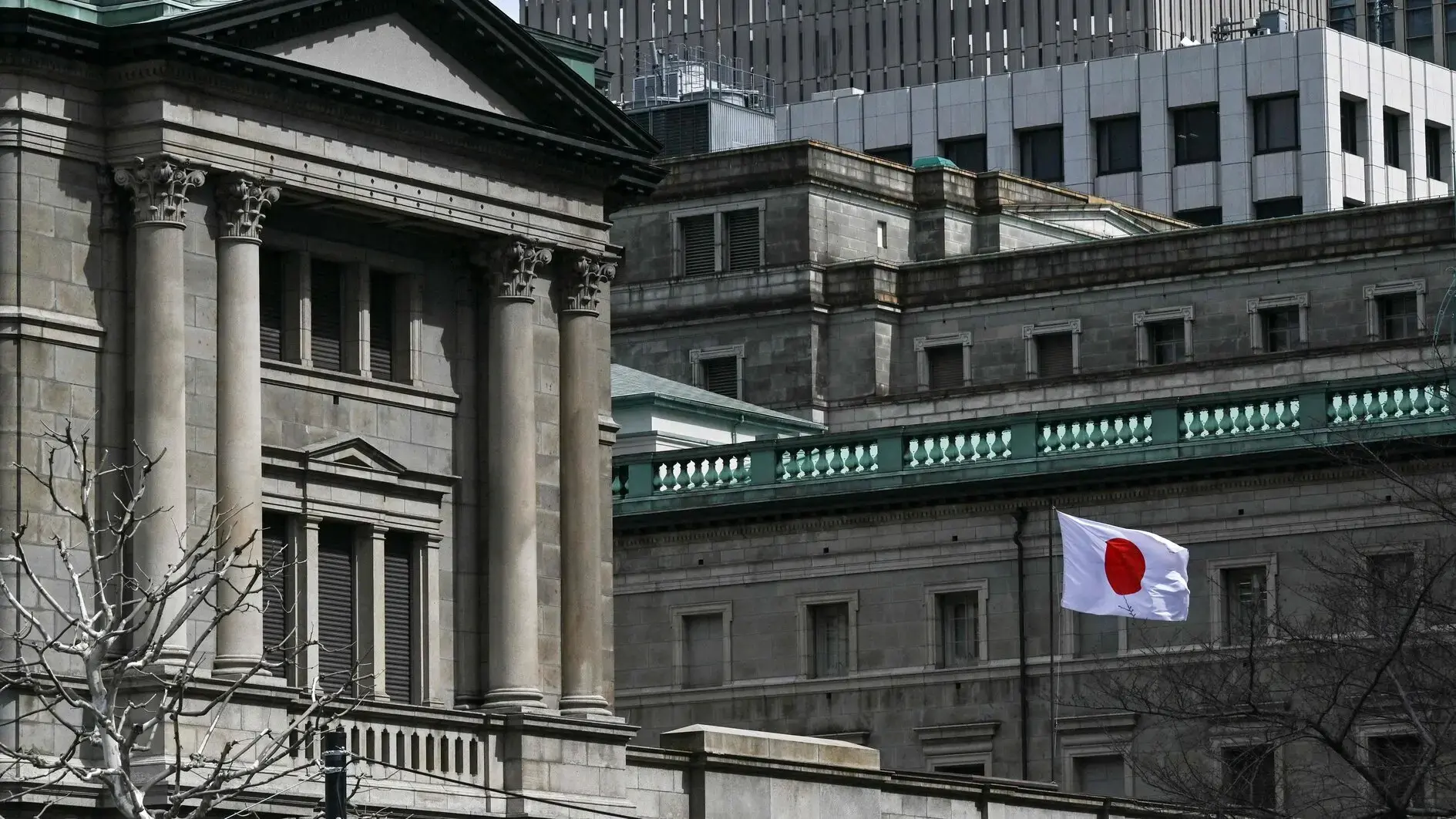In a historic move, Japan has put an end to its negative interest rate policy (NIRP), signaling a significant departure from its aggressive monetary easing strategy that had been in place for years to combat chronic deflation. The Bank of Japan (BOJ) announced its decision to raise interest rates for the first time in 17 years, lifting its short-term rate to “around zero to 0.1%” from the previous minus 0.1%.
The BOJ has been grappling with deflation and economic stagnation since the late 1990s and has employed various monetary policies, including zero or negative interest rates and large-scale asset purchases, to stimulate economic growth and encourage price increases. According to a statement posted on its website, the BOJ noted that Japan’s economy has recovered moderately, with recent data indicating a more solid relationship between wages and prices.
Pressure had been mounting on the BOJ to phase out its negative interest rate policy as inflation rose and interest rates increased elsewhere. The decision to raise interest rates comes after major unions and companies, such as Toyota, announced better-than-expected wage hikes last week.
The move marks the end of an era of exceptional monetary policy accommodation by the BOJ and is seen as a transition towards a virtuous cycle of rising nominal GDP growth, wages, prices, and corporate profits, according to analysts at Morgan Stanley. As part of its exit from NIRP, the BOJ also announced the abandonment of its yield curve control (YCC) policy and the cessation of purchases of exchange-traded funds and Japanese real estate investment trusts (J-REITs).
The news of the rate hike initially led to volatility in Japan’s benchmark Nikkei






